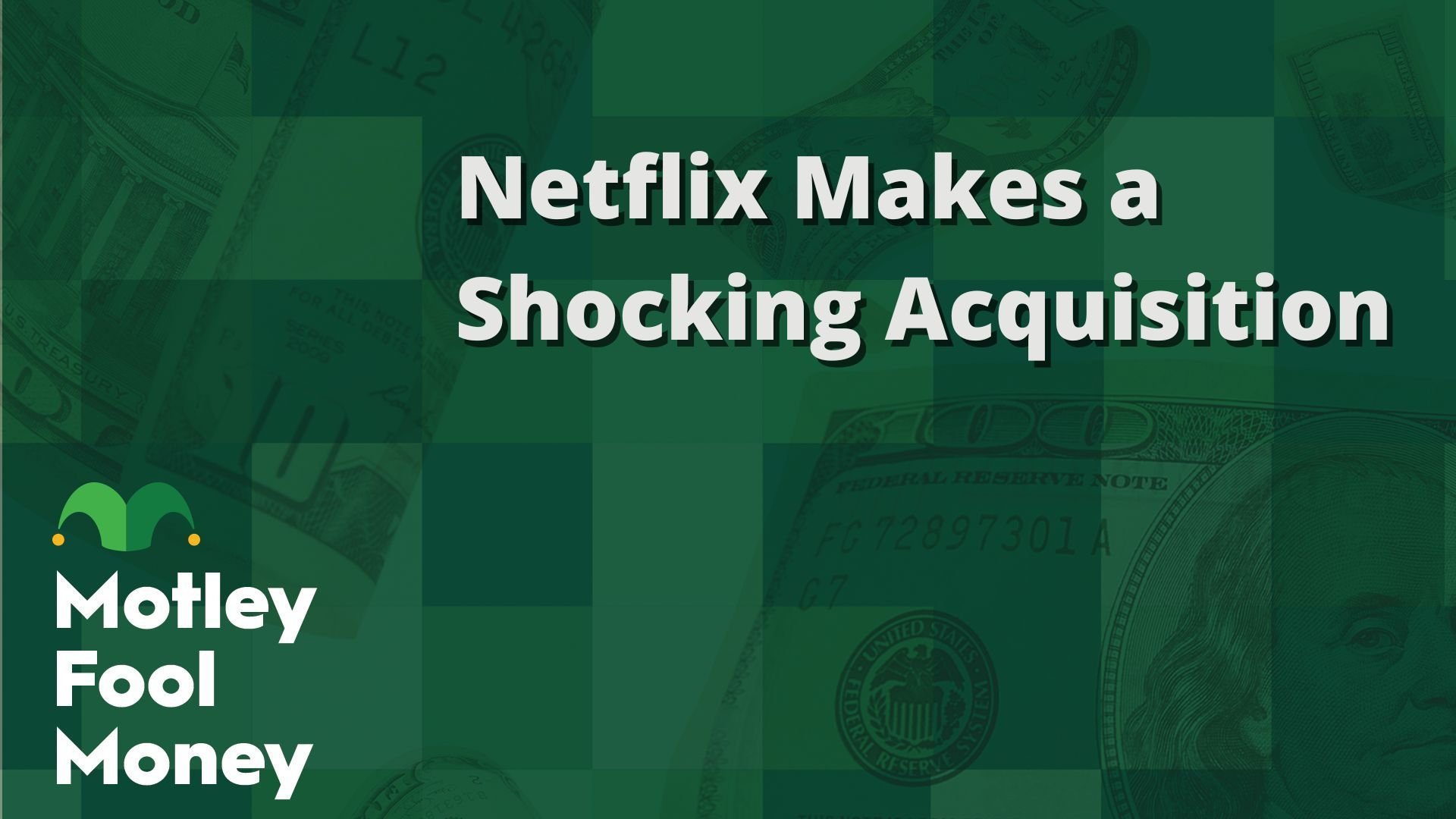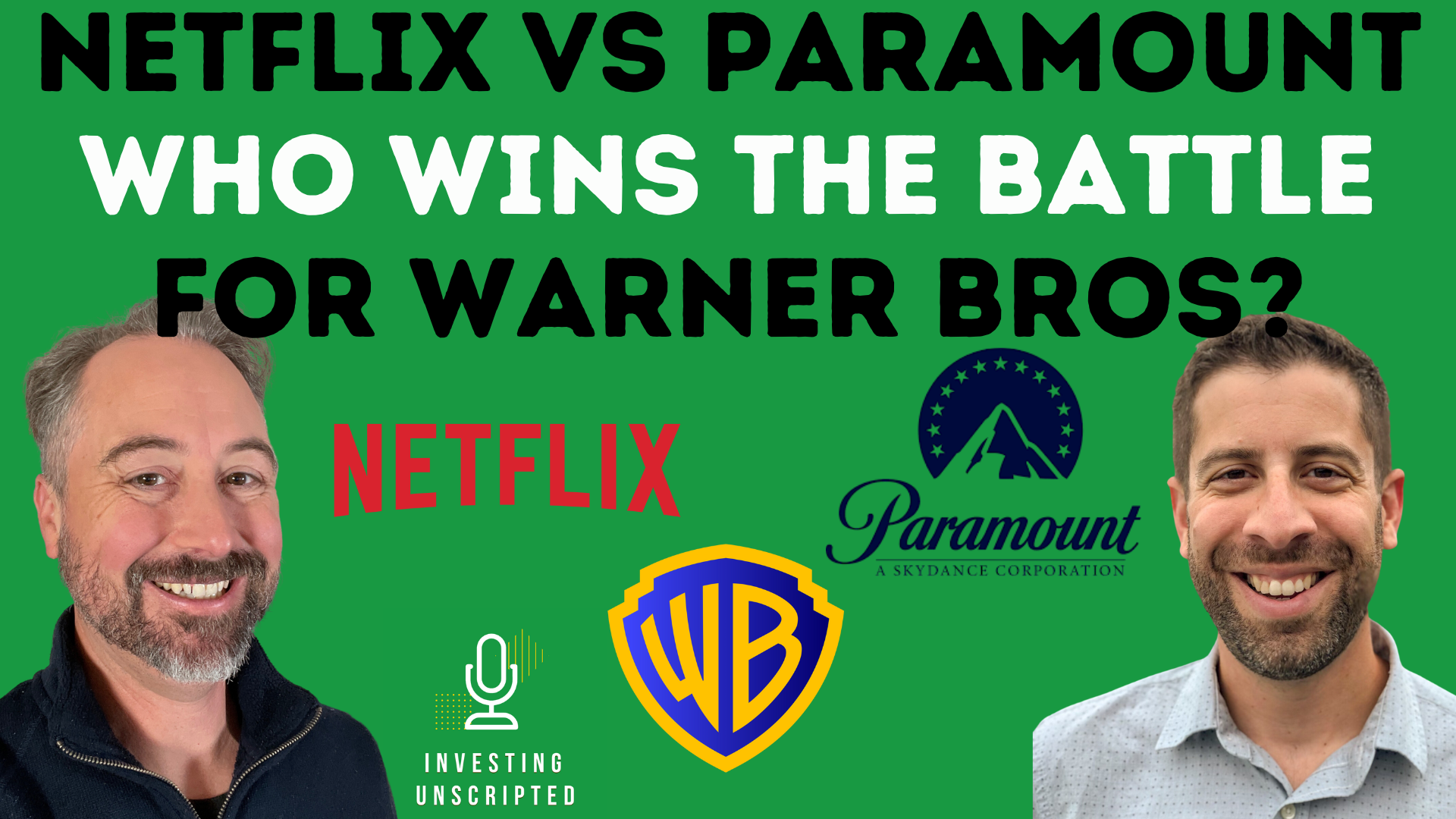It seems innocent enough.
You "borrow" your parents' login for Netflix (NFLX +1.18%), Hulu, or Amazon.com's (AMZN 1.80%) Prime so you don't have to pay for your own. And, on an individual level, subscription sharing is a pretty minor crime.
On an aggregate basis, however, it's a massive problem that's costing the three leading streaming services hundreds of millions of dollars.

There are rules as to how streaming accounts can be shared. Image source: Getty Images.
How big is the problem?
While it's not the top streaming offering, Hulu is the service where people are most likely to share an account, with 19.2% doing so, according to a survey from CordCutting.com, a blog dedicated to covering cord-cutting, streaming, and free over-the-air options. Stephen Lovely, a Fool.com freelancer, is the editor of Cordcutting.com.
Hulu is followed by Amazon Prime, where 16.5% of those surveyed said they used a shared account. Netflix brought up the rear at 15%, which suggests that perceived value is a factor. Since Netflix has a larger offering with many more hit original series, consumers may be more willing to pay for it. With the other two, more people might want to watch only a show or two, so borrowing seems like a reasonable option.
This survey, however, comes before consumers feel the impact of Netflix raising prices. The company increased its lowest-level low-resolution single-stream plan to $9 a month from $8, while its core HD, two-stream plan will cost $13 instead of $11. And that could make more people willing to consider breaking the rules by sharing an account.
Of course, some of the people mooching accounts from relatives and friends would simply go without if they could not share an account without paying for it. Still, it's fair to assume that some percentage of these consumers would pay if they were put into a situation where they had to.

Image source: CordCutting.com.
What can the streamers do?
Netflix, Hulu, and Amazon Prime are leaving a lot of potential money on the table by not implementing ways to cut down on sharing. The problem is that doing so isn't easy, and it could come with customer service backlash. In general, all three services allow the account to be shared by members of the household.
That does not mean it can only be used at home or by people under the same roof at the same time. On a two-stream Netflix account, for example, you may be watching in a hotel room while your spouse watches at home. That's a legal use, but it could look like fraud, and enforcing the rules could result in major customer frustration.
In addition, some lighter-use Hulu and Netflix subscribers might justify not dropping the service because another friend or family member uses their account. If either company started making efforts to stop sharing, it's possible that some of these subscribers could drop out. (Amazon Prime would face less impact, as most members sign up to get free two-day shipping, and the video service is an add-on.)
Revenue is being lost here, but it's likely well below the numbers in the charts above. Streaming services should want consumers to pay if they're watching, but enforcing rules about account sharing could have unintended consequences.
That's why all three of these companies will tread lightly and will probably continue to ignore some account sharing even when they know it's probably occurring. It's also possible that one of the three comes up with a family plan allowing parents and siblings to pay more to share one account (an option some wireless phone providers have pushed in the past).
Check out the latest Netflix earnings call transcript.






